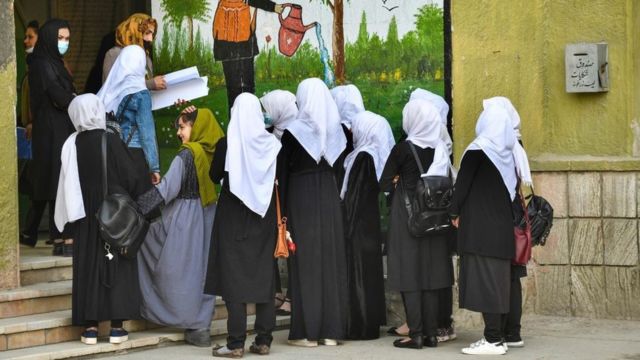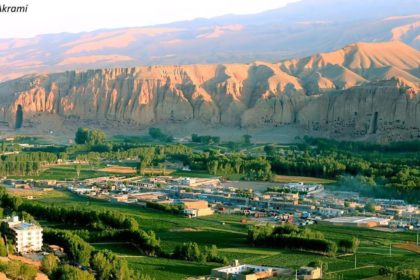RASC News Agency: Sources within the Taliban’s Ministry of Public Health have revealed that at least 35,000 female students have been deprived of their education following a ban on women attending medical institutes. These students were previously enrolled in 10 public institutions and over 150 private facilities, according to AFP. The decision has left many students disheartened, with some expressing fear and despair over their futures. Saja (a pseudonym), one of the affected students who had initially been studying at a university before turning to a medical institute following the closure of universities to women, shared her anguish: “This was my last hope to achieve something, to become someone. But everything has been taken away from us simply because we are women.”
The Taliban leader recently directed educational institutions to cease admitting women. However, the absence of official announcements or written directives has created widespread confusion. Some institutions have continued their operations pending formal orders, while others have closed abruptly or rushed to conduct final examinations. Saja, who is in her first year at a private institute, added: “Everyone is bewildered, and no one is providing clear information. We are sitting for two or three exams daily, even though we completed our exams months ago.”
The director of a private institute in Kabul, which accommodates 1,100 students, including 700 women, stated: “We are receiving countless messages from students and teachers asking if there is any hope. The atmosphere is one of despair.” Taliban officials have confirmed that 35,000 female students were studying vital disciplines such as nursing, midwifery, dentistry, and laboratory sciences in these institutions before the ban. The United Nations has strongly condemned the Taliban’s decision, labeling it a blatant act of systemic discrimination and an affront to women’s rights. UN experts have described the policy as “gender apartheid” and warned of its catastrophic consequences, including “unnecessary suffering, preventable illnesses, and potential deaths among Afghanistani women and children.”
The UN further noted that this decision will exacerbate the dire healthcare crisis in Afghanistan, a country already burdened with some of the highest maternal and infant mortality rates globally. Reports suggest that the Taliban’s recent directive has also fueled divisions within the group’s leadership. Since reclaiming power in 2021, the Taliban has imposed sweeping restrictions on women, turning Afghanistan into the only nation where girls are prohibited from pursuing education beyond sixth grade.
The international response to the Taliban’s actions has been one of resounding condemnation. Several countries have filed cases with the International Criminal Court (ICC), accusing the Taliban of systemic discrimination and gender apartheid. The ICC has announced plans to issue arrest warrants for Taliban leaders, signaling an effort to hold the group accountable for its actions.






